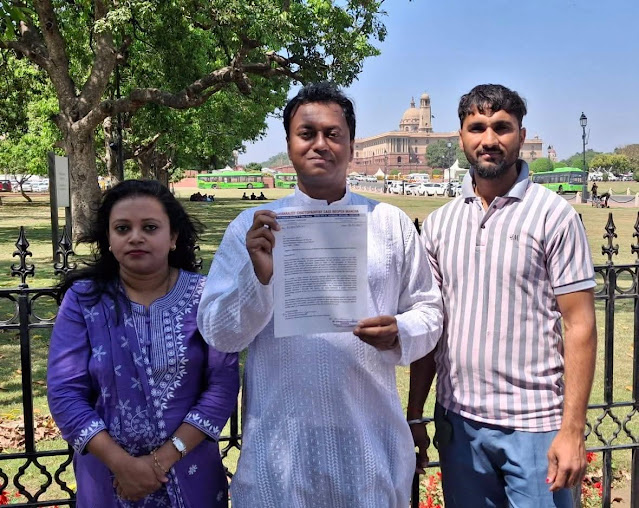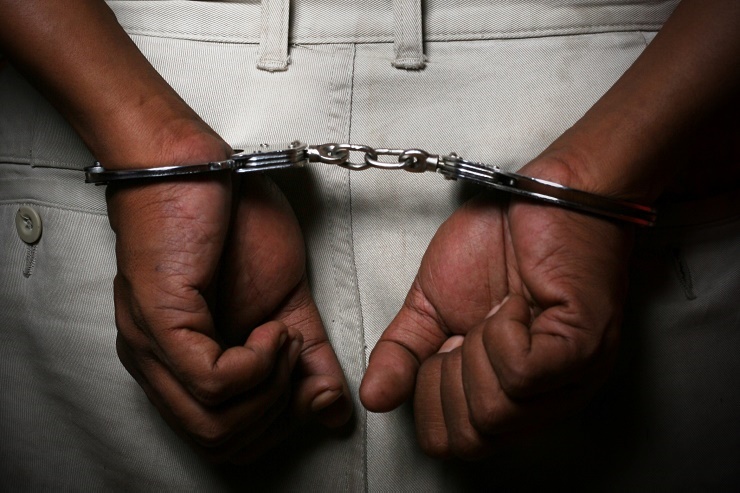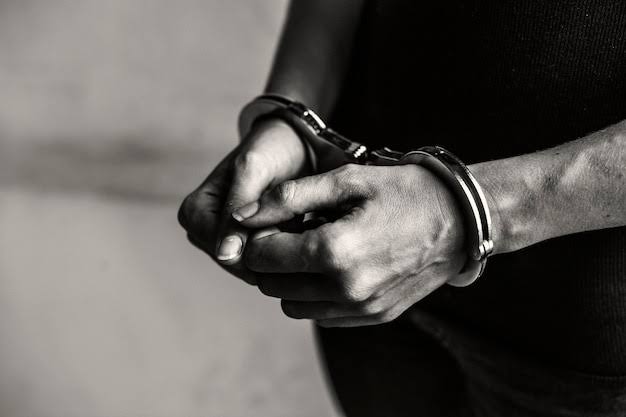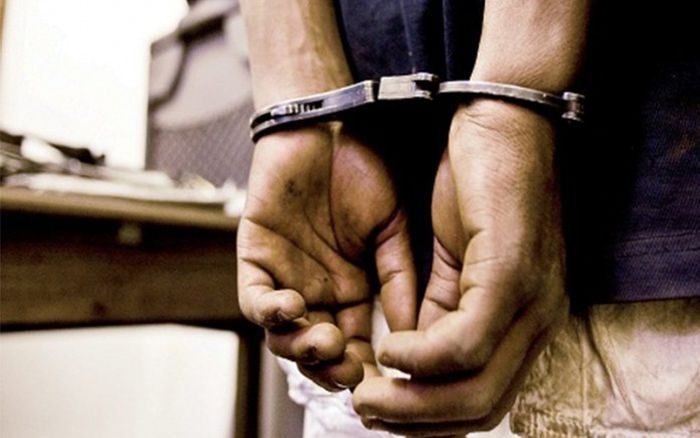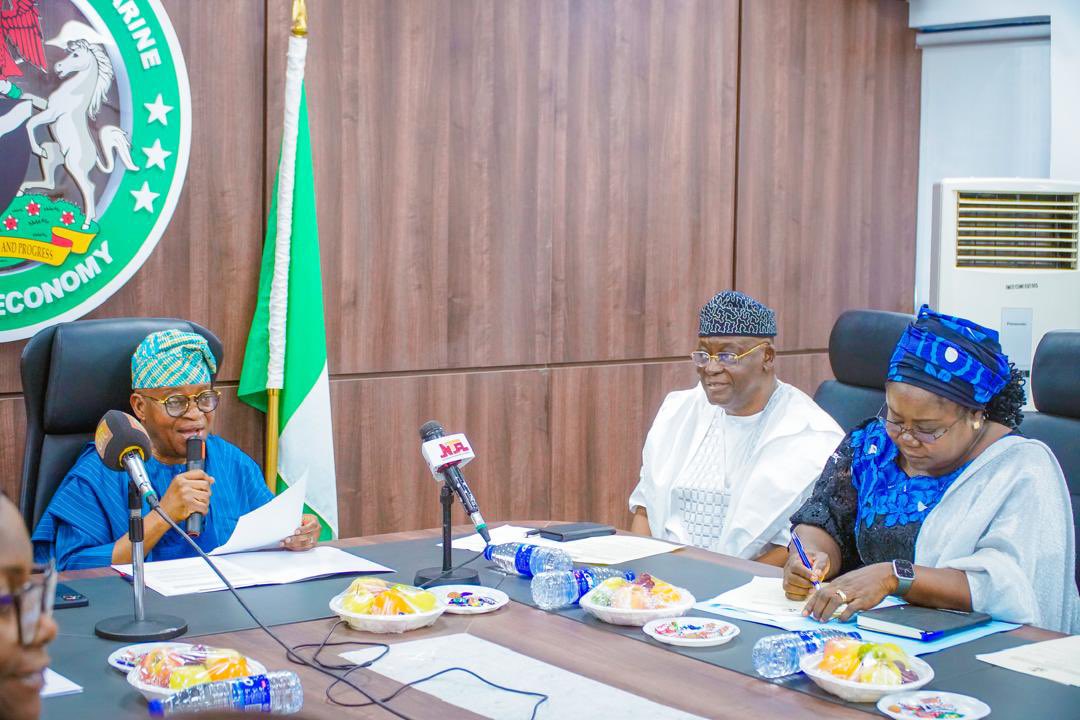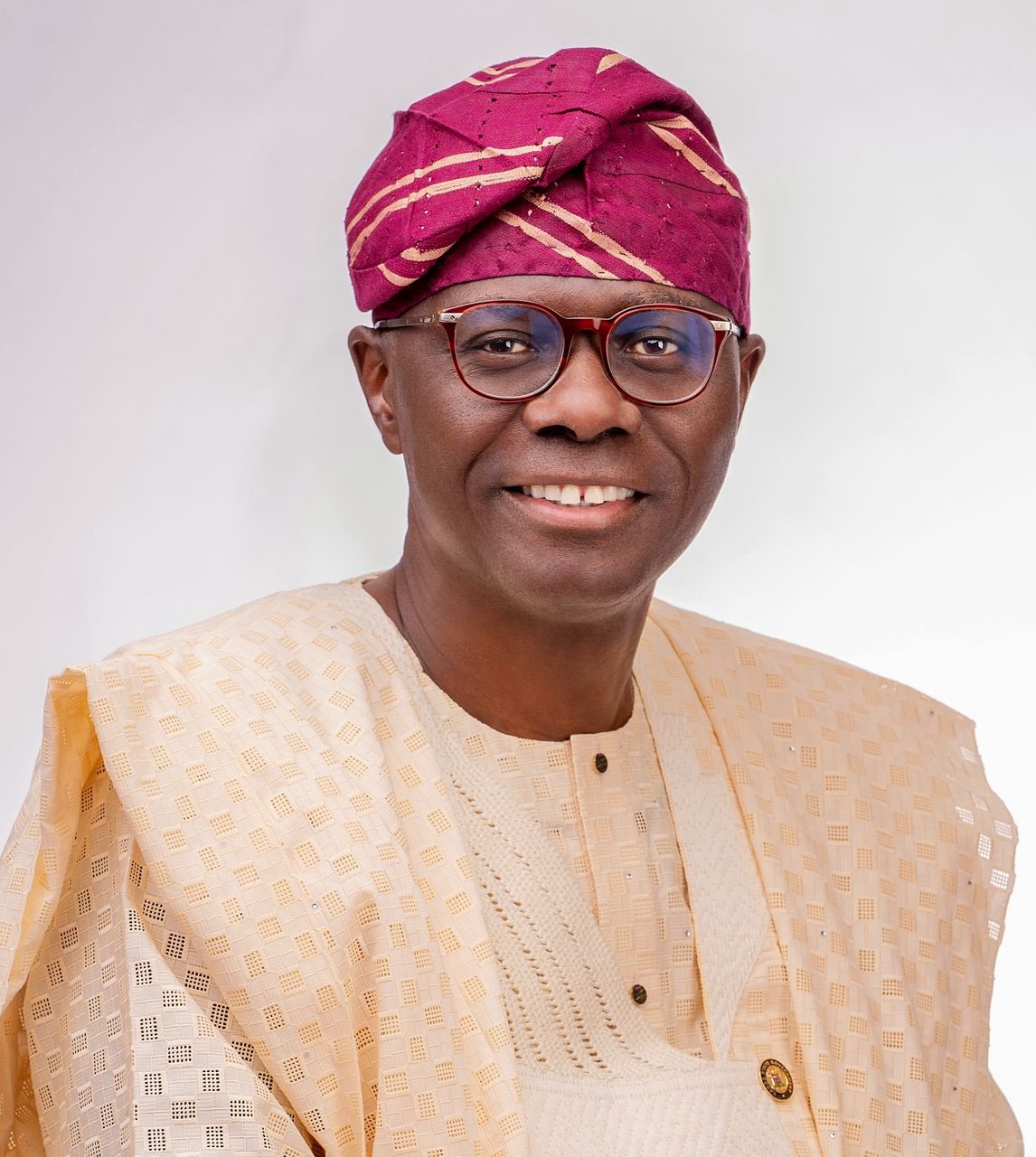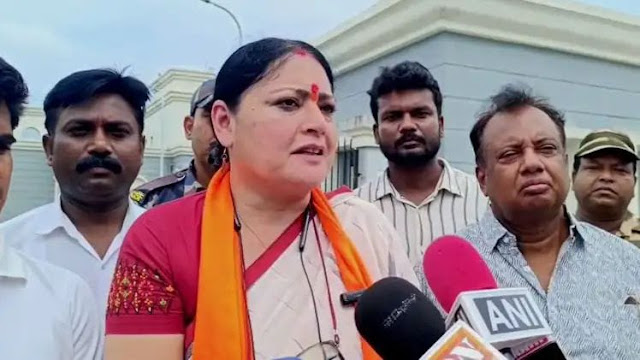Baby Chakraborty |
KalimNews | June 11, 2025 | Kolkata : While questions are being raised by the family of Dr. Tilottama regarding the CBI’s investigation into her trial, developments related to another controversial case have resurfaced, drawing national attention. In New Delhi, members of the Dhananjay Chatterjee Case Retrial Forum, under the leadership of convener Dr. Chandrachud Goswami, have intensified their demand for a retrial of Dhananjay Chatterjee. The group submitted a formal letter to the Prime Minister’s Office and spent the day campaigning within the premises of the Supreme Court, advocating for judicial review and reconsideration.The forum’s appeal follows a prior communication sent to the office of the Hon’ble President of India, Smt. Droupadi Murmu. According to the President’s Secretary, the issue raised by the retrial forum has already come to the President’s attention. It was noted that if substantial demands arise from various sections of society, the President’s Office could consider recommending further examination of the case.
Dr. Goswami stated that letters requesting a retrial have also been sent to several prominent leaders, including the President, West Bengal Chief Minister Mamata Banerjee, Law Minister Malay Ghatak, and Prisons Minister Chandranath Sinha. He added that Nata Mallick’s family—relatives of the individual who served as the executioner in Dhananjay’s case—has joined the movement in pursuit of truth and justice. The forum earlier organized a Maha Yajna at the Maha Kumbh, dedicated to the remembrance of Dhananjay Chatterjee, Hental Devi, and Nata Mallick, seeking spiritual peace for the deceased. Additionally, a signature drive has been launched in the Chatna area of Bankura district to build public support for the retrial.
The family of Dhananjay Chatterjee has also welcomed this initiative. Dr. Goswami emphasized that the matter has now transcended the concerns of a single individual or family and touches on broader questions of judicial integrity. He claimed to possess documents, including FIR copies, court filings, and evidence, which he believes point toward Dhananjay’s innocence. Allegations were also made that the execution took place under political pressure during the tenure of the former state government.
In line with advisories received from Rashtrapati Bhavan, the forum has formally informed the Prime Minister’s Office and initiated the campaign from the Supreme Court to highlight the case. The forum plans to extend its outreach by involving legal professionals and visiting prominent courts across India and West Bengal to raise awareness and garner support. Dr. Goswami concluded by stating that it is the collective moral duty of citizens to work towards a fair justice system and a crime-free society.
Dhananjay Chatterjee, a private security guard, was convicted and sentenced to death in August 1991 for the rape and murder of an 18-year-old schoolgirl in her Kolkata apartment on March 5, 1990. The prosecution’s case rested solely on circumstantial evidence, as there were no eyewitnesses. Chatterjee consistently maintained his innocence. The Supreme Court, however, ruled that the evidence was sufficient and categorized the crime under the “rarest of rare” standard, justifying capital punishment. His execution was initially scheduled for February 25, 1994, but was subsequently deferred multiple times before eventually being carried out.
The retrial campaign, drawing support from multiple social and legal quarters, continues to spotlight unresolved questions in one of the country’s most debated criminal cases.
Dr. Goswami stated that letters requesting a retrial have also been sent to several prominent leaders, including the President, West Bengal Chief Minister Mamata Banerjee, Law Minister Malay Ghatak, and Prisons Minister Chandranath Sinha. He added that Nata Mallick’s family—relatives of the individual who served as the executioner in Dhananjay’s case—has joined the movement in pursuit of truth and justice. The forum earlier organized a Maha Yajna at the Maha Kumbh, dedicated to the remembrance of Dhananjay Chatterjee, Hental Devi, and Nata Mallick, seeking spiritual peace for the deceased. Additionally, a signature drive has been launched in the Chatna area of Bankura district to build public support for the retrial.
The family of Dhananjay Chatterjee has also welcomed this initiative. Dr. Goswami emphasized that the matter has now transcended the concerns of a single individual or family and touches on broader questions of judicial integrity. He claimed to possess documents, including FIR copies, court filings, and evidence, which he believes point toward Dhananjay’s innocence. Allegations were also made that the execution took place under political pressure during the tenure of the former state government.
In line with advisories received from Rashtrapati Bhavan, the forum has formally informed the Prime Minister’s Office and initiated the campaign from the Supreme Court to highlight the case. The forum plans to extend its outreach by involving legal professionals and visiting prominent courts across India and West Bengal to raise awareness and garner support. Dr. Goswami concluded by stating that it is the collective moral duty of citizens to work towards a fair justice system and a crime-free society.
Dhananjay Chatterjee, a private security guard, was convicted and sentenced to death in August 1991 for the rape and murder of an 18-year-old schoolgirl in her Kolkata apartment on March 5, 1990. The prosecution’s case rested solely on circumstantial evidence, as there were no eyewitnesses. Chatterjee consistently maintained his innocence. The Supreme Court, however, ruled that the evidence was sufficient and categorized the crime under the “rarest of rare” standard, justifying capital punishment. His execution was initially scheduled for February 25, 1994, but was subsequently deferred multiple times before eventually being carried out.
The retrial campaign, drawing support from multiple social and legal quarters, continues to spotlight unresolved questions in one of the country’s most debated criminal cases.
The Alipore Sessions Court awarded Dhananjoy Chatterjee life imprisonment for rape and death sentence for murder, terming the case as one of “the rarest of rare cases”.
The sentence was upheld both by the High Court and the Supreme Court, and the Governor of West Bengal rejected the mercy plea filed by the convict’s relatives. Subsequently, based on the views of the state government, it was also rejected by the then President A P J Abdul Kalam and Chatterjee was hanged at Alipore Central jail on August 14, 2004. Human Rights Activist Kirti Roy who fought against capital punishment of Dhananjoy Chatterjee still believes that death sentence is not the solution to reduce incidents of rape. Speaking to Deccan
Herald, Roy said: “In the seven days, post Chatterjee’s hanging there had been 13 instances of rape in West Bengal including one where some police personnel (GRP) were involved. So the theory that death punishment would act as a deterrent failed.
Moreover, countries all over the world have realised that penal theory has failed miserably so they all are gradually prohibiting capital punishment.”

